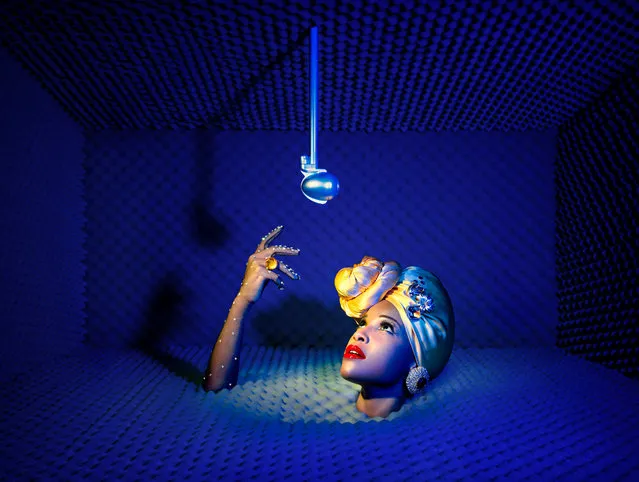
Photographer Pol Kurucz’s vivid collection of photos explores issues faced by black Brazilian women, from political misrepresentation to unrealistic beauty standards. Kolor Collective is a Rio de Janeiro-based creative group that challenges the struggle faced by black women in Brazil through theatrical and provocative art. It was founded in 2015 by Franco-Hungarian photographer Pol Kurucz, who often touches on his own experiences of discrimination to call out sensitive social problems. (Photo by Kolor Art Collective/The Guardian)
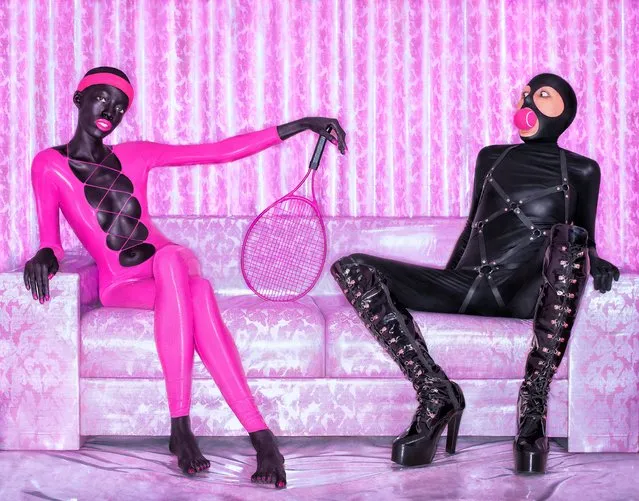
Black women in Brazil sit at the intersection of racism and misogyny, and have in recent years been at the forefront of a movement that challenges issues ranging from sexual and domestic violence to police brutality and stereotyping. Kolor Collective considers itself to be a part of this movement and questions expectations imposed on black women with satirical and subversive images, as seen here. (Photo by Kolor Art Collective/The Guardian)
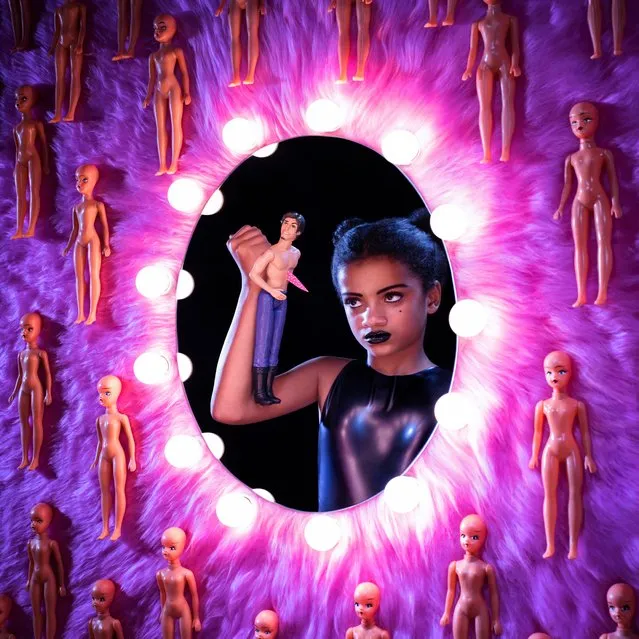
Kurucz says the collective’s philosophy is to “let the viewers interpret the images in their own way, without interfering in the process”. (Photo by Kolor Art Collective/The Guardian)
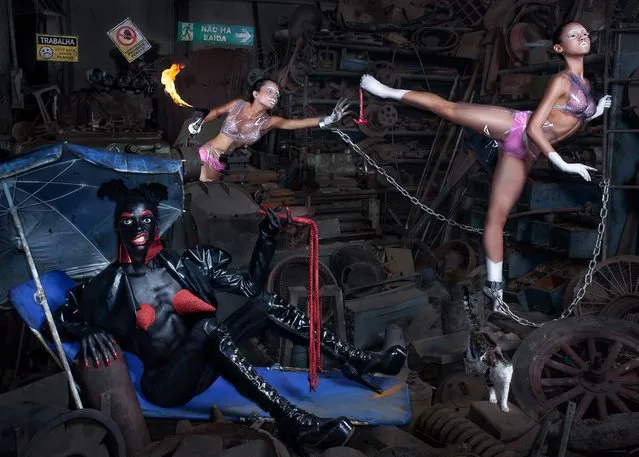
The photos feature models, performers, actors and drag queens who, according to Kurucz, are all very much a part of the creative process. (Photo by Kolor Art Collective/The Guardian)
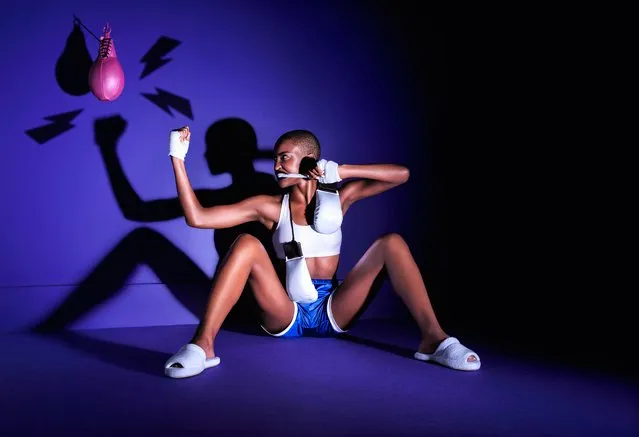
Kurucz initially launched Kolor Collective in Hungary in 2011 before moving it to Brazil four years later. He says Brazil is “the most vibrant, crazy, colourful place that I know”. Its locations and people, its art and drag scenes are, he says, “extremely inspiring”. (Photo by Kolor Art Collective/The Guardian)
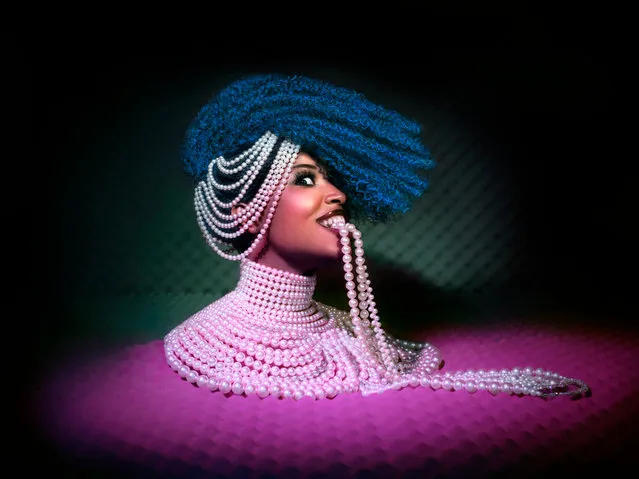
Speaking of the global political battle between the right and left, Kurucz says that now more than ever there is a need for feminism and a place for black women in society. (Photo by Kolor Art Collective/The Guardian)
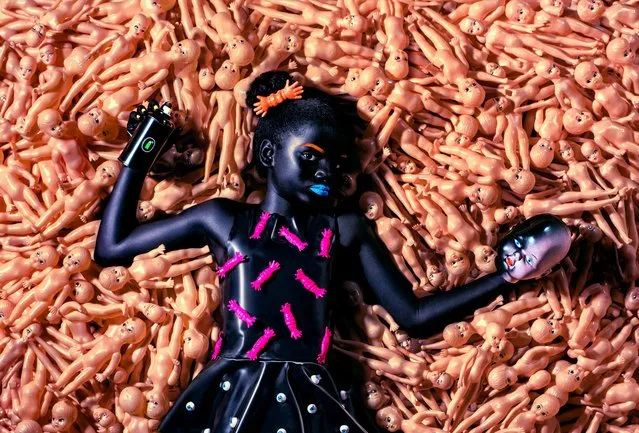
The photos in the series are divided into 15 zones, each defined by a distinctive theme and style. This image of a young black girl lying in a sea of white dolls is from the zone titled “Angry Dolls”. (Photo by Kolor Art Collective/The Guardian)
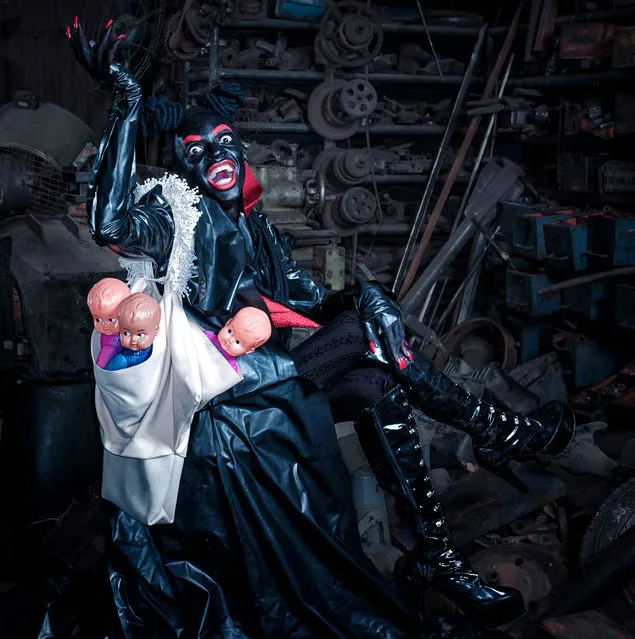
The collective comprises six artists – four women and two men – from Brazil, France and Hungary, and include a photographer, creative director, two set designers and two stylists. (Photo by Kolor Art Collective/The Guardian)
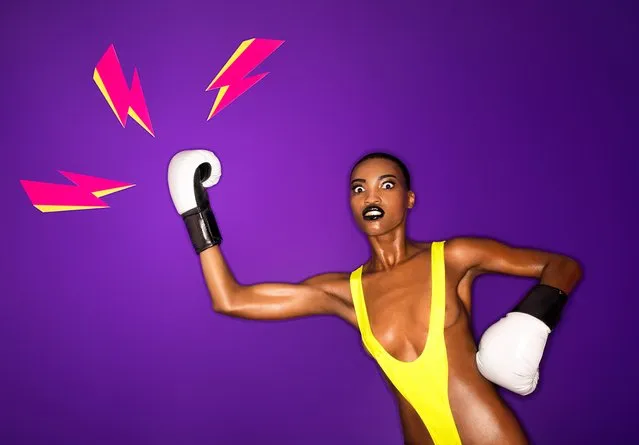
The photos in the series have a distinct glam-trash aesthetic that’s very theatrical. (Photo by Kolor Art Collective/The Guardian)
[img alt="For Kurucz, photography was a means to pay tribute to the combined strength of feminism and afro culture. He says “photography tells the kinds of stories I like the way I like. It can be highly expressive and [brings stories] alive”. (Photo by Kolor Art Collective/The Guardian)"]266177[/img]
For Kurucz, photography was a means to pay tribute to the combined strength of feminism and afro culture. He says “photography tells the kinds of stories I like the way I like. It can be highly expressive and [brings stories] alive”. (Photo by Kolor Art Collective/The Guardian)
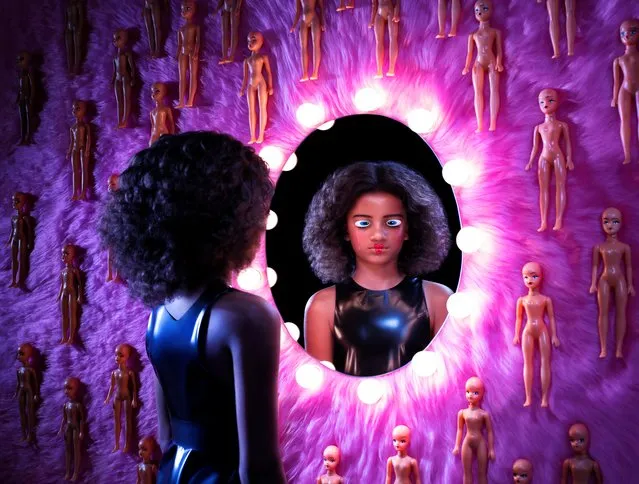
The series has garnered a lot of interest in Brazil, and Kurucz believes this interest is further fuelled by the lack of black women in Brazilian politics. He says white rightwing politicians have created an atmosphere of fear for minorities. (Photo by Kolor Art Collective/The Guardian)
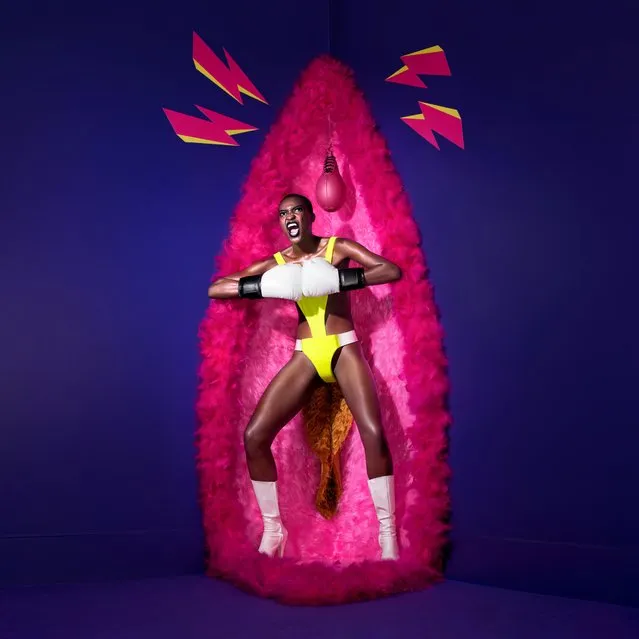
The collective plans on continuing its vociferous critique of Brazil’s societal problems, as well as more worldwide issues such as global warming, through evocative images. (Photo by Kolor Art Collective/The Guardian)
28 Dec 2016 07:24:00,
post received
0 comments
